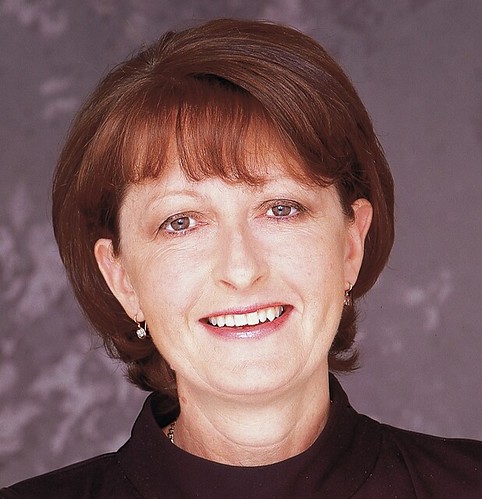Short ED wait poor measure of hospital health

Although I work close to the now infamous Royal North Shore Hospital, I’ve never advised a patient to vomit so they’d get past triage, as other local GPs admit to in today’s Australian. However, I do routinely recommend patients not “be too stoic” at the triage desk, so the extent of their discomfort is obvious.
As well, I often wait until the patient has left the surgery before ringing the admitting officer to avoid the grilling designed to make me change my mind about the patient’s need for hospital assessment. And more than once, I’ve resorted to asking a particularly resistant admitting officer what they’d do if we were talking about their mother or father.
But although last week’s case of an unfortunate woman delivering a live fetus in the toilet at the hospital has created thousands of column inches and a war of words between politicians, over-stretched hospitals are not just a North Shore Hospital problem, or limited to NSW.
So in some ways, the federal government’s new plan to fix the hospital crisis by forcing states to appoint hospital boards is appealing. So far, it smacks a bit of “policy on the run” and a return to the past, but any move to put the needs of patients before bureaucrats and their financial targets deserves serious consideration.
However, serious questions emerge. For a start, the health system is not just about hospitals, and it’s not clear the proposed move would address the current disconnect between primary and secondary care. Intuitively, the plan also risks severing established and useful networks between hospitals, and between hospital and community based services.
As well, the plan is being sold not as a federal, but a local, takeover of hospitals, with “local people grabbing power”, according to a federal source quoted in the Australian, which makes this local doctor nervous.
Understandably, local communities don’t take a big picture view of the health system, but are concerned about what’s available in their own patch.
As doctors and voters, we need to watch this one closely, and remind ourselves and our elected representatives that there’s more to an efficient and caring health system than a short wait in the ED.
Labels: hospital

